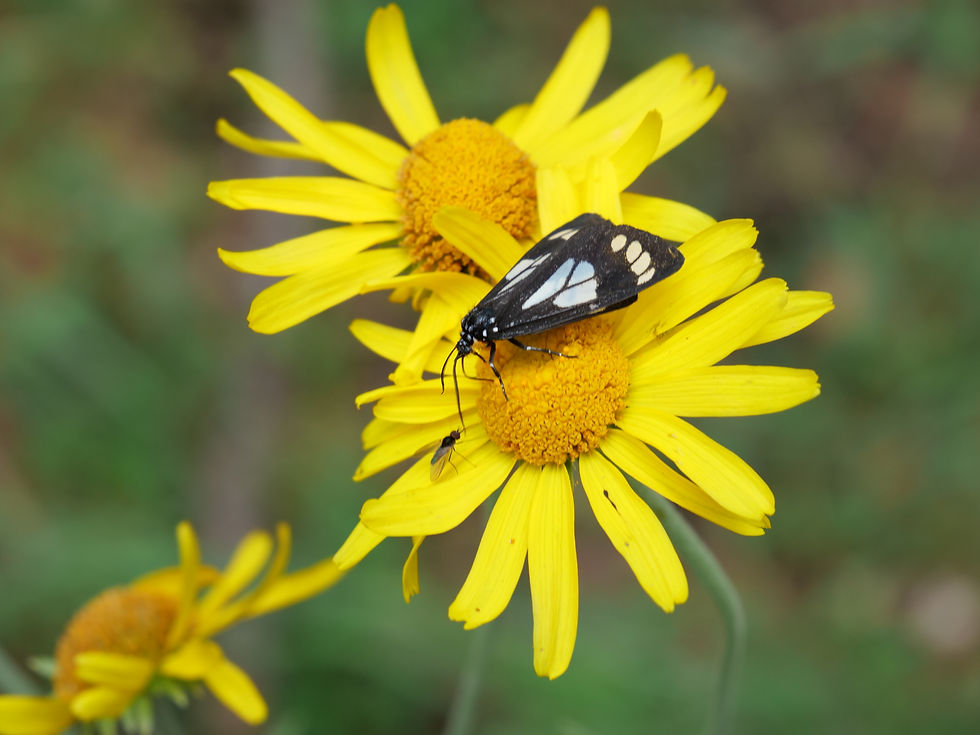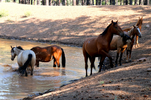Western Tent Caterpillar
Malacosoma californicum

Look for silk tents in tree forks
The western tent caterpillar (Malacosoma californicum) is the larval stage of a moth found throughout Arizona, notable for constructing communal silk tents in the branches of deciduous trees. These caterpillars feed primarily on leaves, often in large groups, which can lead to noticeable defoliation but rarely causes long-term harm to healthy trees. Their social behavior and distinctive silk shelters provide protection from predators and harsh environmental conditions. As herbivores, western tent caterpillars play an important role in nutrient cycling and serve as a food source for birds, small mammals, and parasitic insects, contributing to the ecological dynamics of Arizona’s forested landscapes.
Insect

Identification & Behavior
Key Features: Black and brown hairy body with stripes, silk tents
Size: 1–2 in
Behavior: Builds visible tents in branches
Diet: Herbivore — leaves
Activity Pattern: Diurnal
Habitat & Distribution
Found statewide in woodlands and forest edges, including ponderosa pine and oak forests.
Elevation Range: 5,000–8,500 ft
Seasonal Presence: Spring
Risks & Management
Do not handle; hairs may irritate skin



































